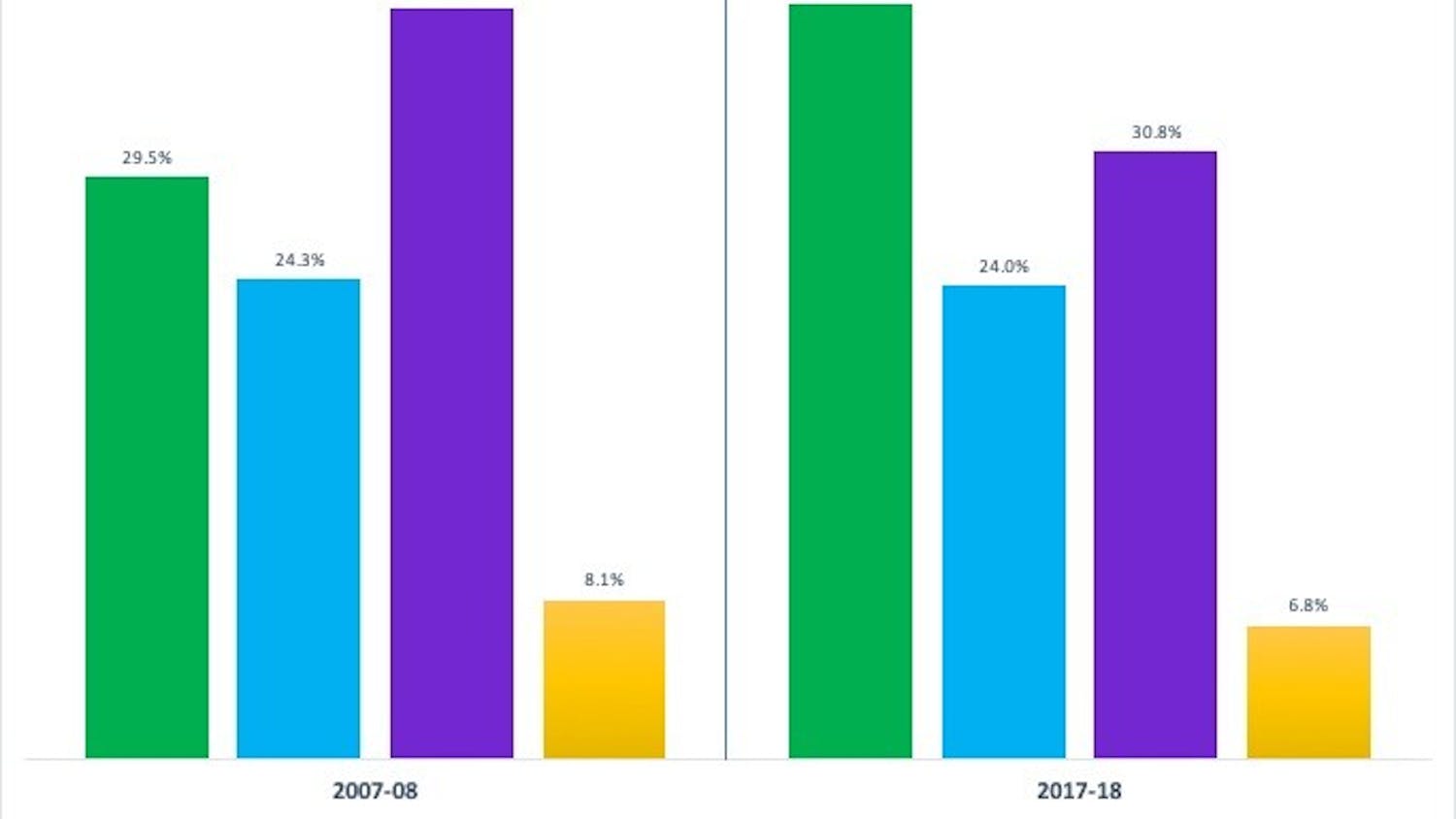Each year during First-Year Trips and Orientation, Dartmouth students and faculty try to brace incoming students for “impostor syndrome,” or the tendency for students to feel undeserving of their place at Dartmouth. “You are all here for a reason” is common advice to freshmen. This is counterproductive, and students would be better off in the long term if we held humility in higher regard.
Students recognize that Dartmouth’s environment is stress-inducing and sometimes damaging to the self-esteem; the 2018 Dartmouth Health survey confirms that a majority of students consider the campus environment to have a negative impact on their mental health. This has been viewed under the lens of “impostor syndrome” before, one example being an article about impostor syndrome published by The Dartmouth earlier this year. The students who apply to Dartmouth are typically those who have gotten some sort of positive reinforcement for their habits in high school. Whether that reinforcement is rooted in their own success or some outside mentorship, the point is that these students have confidence in their abilities to succeed in the college environment — otherwise, they would not be applying to this college. Furthermore, Dartmouth has a reputation for excellence. These elements play a critical role in impostor syndrome. When you gather students who are all used to being top of their class, some will inevitably outperform others who are used to being best. Impostor syndrome is bound to happen.
The piece missing from the orientation experience is an emphasis on humility. Humility transforms the defensive, “You’re here for a reason” advice that upperclassmen constantly toss out to nervous freshmen during First-Year Trips and Orientation to a growth mindset, appreciative of all the challenges and talents that the Dartmouth community offers. This new mindset is much more sustainable and academically rewarding.
Refraining from fighting insecurity with reassurance may sound counterproductive. However, it is important that we recognize the value of this insecurity. Insecurity can be the jump-start that students need to fully adopt the humble mindset; once the initial nerves subside, all that is left is the understanding of what there is to gain from immersing oneself in this accomplished community.
Conversely, a student who is too secure with oneself is not able to change as easily.
As a calculus TA, I have seen all too often freshmen much too content with their understanding and learning habits that brought them so much success in high school. I wouldn’t even restrict this to freshmen; many students, including myself, find it challenging to let go completely of habits that have brought them success in a wide variety of academic fields. But getting the most out of classes requires more than memorizing information or even understanding core concepts. The key is letting go previous mindsets — allowing the mind to play the part of, say, a physics researcher or professional author — to absorb what it is like working in a specific field as well as possible. This is not possible without humility — the ability to recognize that something inside of you needs to change.
Accepting humility invites the challenges Dartmouth has to offer, which can foster personal growth. Why deprive incoming students of this type of experience, which is the most rich and rewarding that Dartmouth has to offer?



